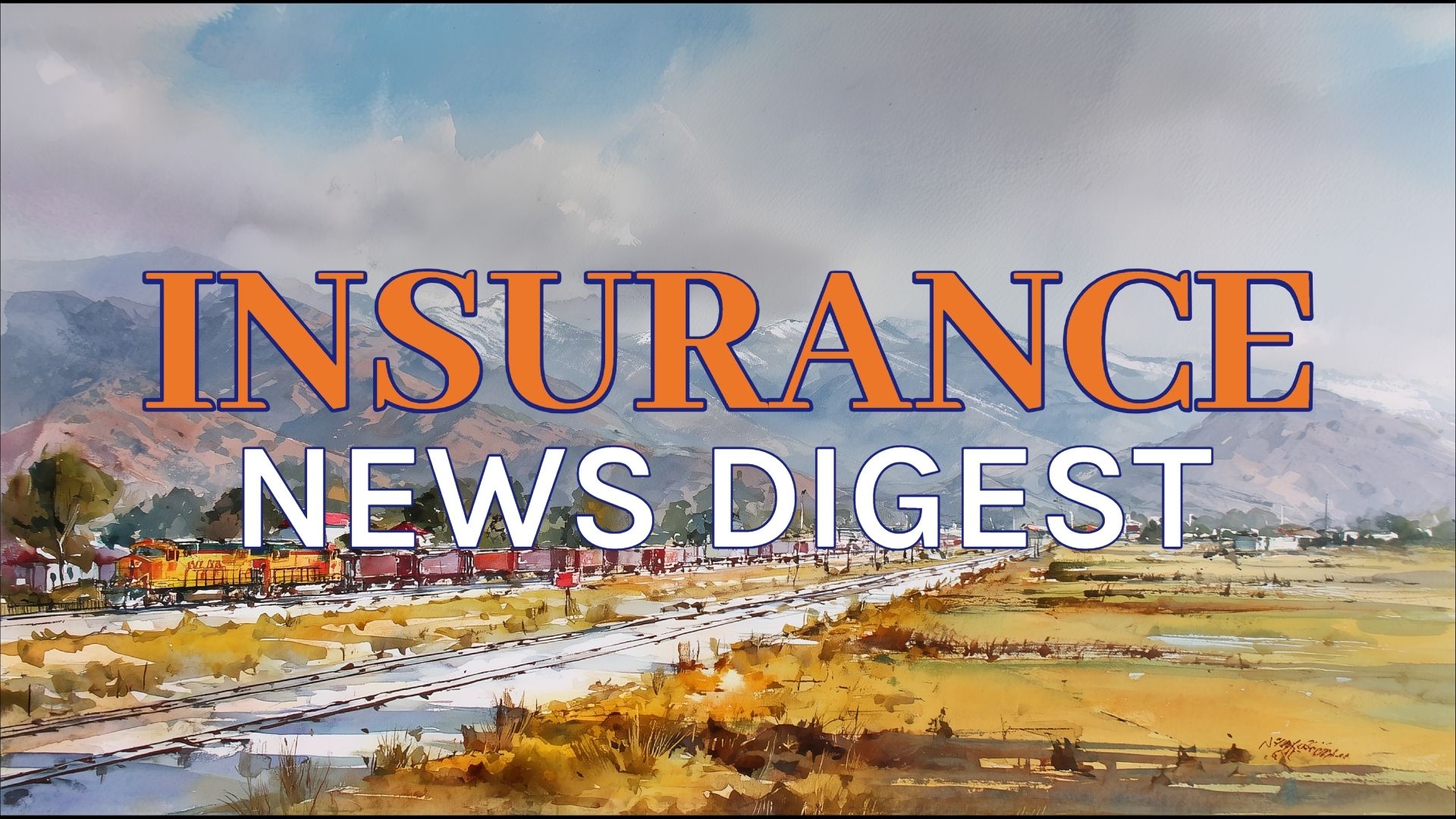- Insurance News Digest
- Posts
- Insurance News Digest 7-18-2025
Insurance News Digest 7-18-2025
Summer is in full swing! Check out this week's insurance news and the Focus of the Week looks back at some of our favorite articles from the quarter.

We deliver the latest insights and developments shaping insurance, focused on insights and opportunities for those who serve the insurance industry. Stay informed on how emerging trends like current events, regulatory changes, AI, and innovative products can help you better serve your clients and partners and drive business growth.
Top 10 Articles Of The Week
The International Association of Insurance Supervisors urges broader public-private collaboration to address growing disaster-related protection gaps. Shigeru Ariizumi highlights the need for innovation, including tools like catastrophe bonds and parametric insurance, in light of increased climate-related risks.
A new Louisiana law requires insurers to display prior policy premiums and discounts in renewal notices. Set to take effect January 1, 2026, the law aims to improve transparency for policyholders and standardize disclosure practices.
The evolving insurance landscape is reshaping distribution models, with trends such as data-driven segmentation, digital enablement, and refined compensation structures. These shifts are redefining how carriers and agents collaborate to serve customers.
John Neal, former Lloyd's CEO, has been named president and CEO of AIG’s General Insurance segment. He will begin his role December 1, reporting directly to AIG CEO Peter Zaffino.
Amid uncertain federal healthcare policies, providers are adjusting business models by diversifying revenue streams, investing in care coordination, and strengthening advocacy. These shifts aim to mitigate reimbursement risks and improve operational resilience.
A Colorado dentist is accused of killing his wife by poisoning her protein shakes to collect nearly $5 million in life insurance. Prosecutors allege financial distress and multiple policies were key motivators.
A new report shows a continued rise in insurers’ use of predictive models to refine pricing, improve loss forecasting, and streamline underwriting. Investment trends suggest growing reliance on AI-enhanced decision-making.
A new WCRI study finds that medical payments per workers' compensation claim have surged since 2012 in most states. Rising prices, rather than increased service volume, are the primary cost driver.
The once-disruptive insurtech sector is now increasingly working alongside traditional insurers, focusing on collaboration rather than replacement. Hybrid models are helping legacy carriers improve digital agility and customer experience.
A tongue-in-cheek scenario explores how insurers might react to a zombie apocalypse. The piece prompts serious reflection on risk classification, exclusions, and the industry’s role in unprecedented catastrophes.
Focus Of The Week: It's a new quarter, if not a new year, if you're on a fiscal calendar. Time to look back at some of our favorite topics over the last quarter.
The U.S. property/casualty insurance industry achieved a combined ratio of 96.5 in 2024, marking its best underwriting performance in over a decade. Personal lines improved by 10 points, driven by gains in homeowners insurance, while commercial lines remained stable.
UNLV’s new program, backed by a $735,000 gift, will prepare 35 students to handle underwriting, claims, operations, and risk mitigation across insurance functions. Designed in partnership with UNLV’s Kerestesi Center, it includes real-world internships and case competitions
Political risk and civil unrest are among the top global business risks for 2025, with over 800 major anti-government protests since 2017. Businesses are advised to prepare for potential disruptions.
A recent global survey reveals AI as a top concern for insurance executives, along with talent shortages and cyber risks. The results reflect an industry divided between enthusiasm for innovation and caution over implementation.
A recent survey shows over half of independent insurance agency staff are experiencing burnout due to mounting workloads and rising sales targets. Agencies that adopt tech tools and flexible work policies are seeing reduced employee stress.
*See a list of our preferred publications here.